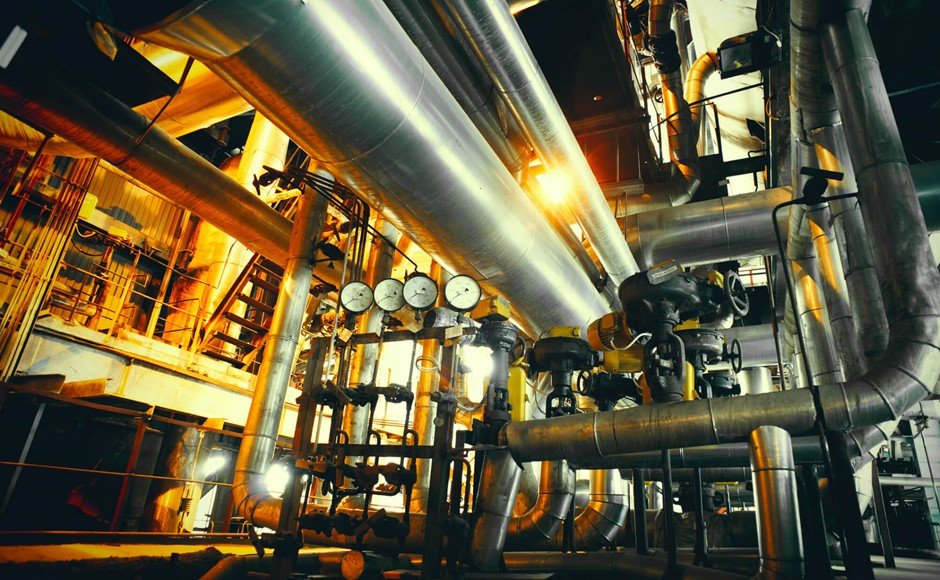We’ve all heard nutritionists, coaches, and athletes spread the word that electrolytes are important when working out and replenishing fluids. But they don’t always take the time to go over exactly what they are and why they’re important.
Well, we don’t want to keep you in the dark, especially about something that’s essential to your health. So, here’s a primer on electrolytes and why you need to keep them in mind throughout the workday.

Electrolytes Explained
Your body runs on electricity, whether it’s the neurons firing in your brain or the pumping of your heart. Electrolytes are chemicals that conduct electricity when dissolved in water. When they interact with other electrolytes and with cells, they keep the body’s small electric currents flowing. Not only does this help your body’s natural processes run smoothly, but it’s also essential for your survival.
(Find out workplace summer safety hazards the-top-5/.)
We use one word to describe them, but electrolytes are really a family of chemicals. There are different types, each providing a different charge, either positive or negative, to trigger a reaction in the body. In fact, you probably know a few of the most common ones already by their more familiar names:
- Magnesium
- Sodium
- Potassium
- Calcium
Why Electrolytes Matter for Your Day-to-Day Well-Being and Performance
You know that feeling you get when you’ve had a really long, hard day at work and your limbs seem unusually weak? Odds are, what you’re experiencing is an electrolyte imbalance.
It’s easy to skip a break to get a few extra things done before going home, or to not bother getting up to get a refill on your drink once it’s empty. But athletes aren’t the only ones who need breaks and plenty of fluids. Even if you’ve got a desk job, you need to actively replenish your electrolytes during the day and make sure they’re kept balanced.
(Not) Sweating It Out
But you’re not sweating? That’s great news for your shirt, but it could be a bad sign for your body.
Sweating is your body’s way of cooling itself down, and your sweat glands use electrolytes to make it happen. Basically, water and electrolytes fill your sweat glands and get released as a salty mixture that allows the water to evaporate and cool you down.
If your body doesn’t have enough of one or both of those components – the water or the electrolytes – you’re not going to sweat. And not sweating means your body is at risk of overheating.
Make sure you replenish your fluids regularly even if you’re not sweating or it isn’t a warm day. (Check out regulate-your mood with proper hydration/.)
Symptoms of Electrolyte Imbalance
Depending on the type of electrolyte, different symptoms can occur when there is an imbalance. Some symptoms to watch for on the job include:
- Twitching or muscle spasms
- Confusion
- Frequent urination
- Nausea, stomach pain, or vomiting
- Extreme thirst
- Sudden moodiness or irritability
- Lethargy
If anyone displays the signs of electrolyte imbalance, treat it immediately, and call for medical assistance if necessary.
Replenishing Electrolytes
Keeping a water bottle with you at all times and taking breaks is essential, but it doesn’t always mean you’re in the clear.
Sports drinks and similar drinks are a popular option for maintaining a healthy electrolyte balance. There are even low-calorie and low-sugar alternatives that provide electrolyte-rich drinks to accommodate special diets.
Fluids are important, but you can also get electrolytes from what you eat. A healthy diet full of fruits and vegetables is the best way to keep your levels where they should be. People who eat a healthy diet often consume enough electrolytes to keep them going through most activities. If your job is physically demanding, however, consider supplementing with a drink designed to replenish electrolytes.
Keep in mind that some physical conditions can increase your chances of developing an electrolyte imbalance. The kidneys, for instance, play a key role in monitoring electrolyte levels and filtering out the excess. If you have kidney disease, it might affect how often you need to replenish and how quickly symptoms can set in.
If you have a chronic health condition, speak to your doctor about what you can do to maintain a healthy and functioning body throughout the day, and whether you’ll need to take additional precautions to keep your electrolyte levels up.
Keep Your Levels Up
You work hard, but you also need to work smart. Make sure you’re functioning at your best by keeping fluids on hand and staying on top of your electrolyte levels.




